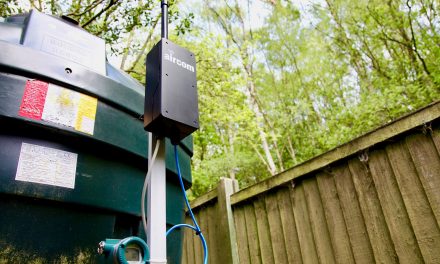While the UK isn’t quite reaching the point of political or social Armageddon, the region certainly remains in a state of economic flux. This is borne out by a number of different issues, including the ongoing fuel and energy crisis that’s unfolding across the globe.
More specifically, we’ve seen fuel shortages to petrol emerge as a result of various factors and supply chain issues, while energy prices have also soared amid supply and demand fluctuations.
But what’s the current state of affairs, and what exactly does it mean for the UK? Let’s find out.
Addressing Fuel, Gas and Energy Shortages
It can be hard to gauge the extent of issues by following the media, which often deals in sensationalist headlines and eye-catching news developments.
However, there’s no doubt that supply chain issues have delayed the process of distributing petrol to forecourts nationwide, with this caused by a number of different factors including the coronavirus pandemic, Brexit and a subsequent shortage of HGV drivers.
Because of this, the army has been called in to deliver fuel to emptying stations in some regions, while other areas have seen the price of fuel soar as a result of the growing imbalance between supply and demand nationwide.
At the same time, the UK has been gripped by a marked shortage of energy and gas, which once again is causing the cost of this energy to increase incrementally. So, although the government has asserted that the supply of gas won’t be at risk this winter, there’s no doubt that customers could face significant price hikes in the near-term.
Of course, these logistic and cost-of-living challenges have come at the worst possible time, particularly with the furlough ending at the end of September and around 750,000 Brits facing increased financial pressure as a result.
How These Challenges Have Impacted the UK?
These initial developments have had a stark impact on the stock market and UK economy to date, with energy shares plummeting and unemployment enduring a sharp hike at the beginning of Q3.
Interestingly, even the ending of the furlough scheme has been compounded by the decision to also remove the additional £20 provision for Universal Credit, which has left numerous households counting the pennies and struggling to meet their weekly and monthly costs.
According to Tickmill.com analyst James Harte, these factors and the dwindling economic status of the UK has also triggered a decrease in the value of the pound against a basket of major currencies, including the USD and the Euro.
Writing online, Harte says that “the escalating energy crisis and supply chain issues have exacerbated investor uncertainty towards the UK, coming at the same time as the government’s furlough scheme comes to an end and Universal Credit is due to be cut”.
Make no mistake; this has created a perfect economic storm for businesses and households to contend with, creating a challenging fourth quarter and a difficult start to 2022.


















